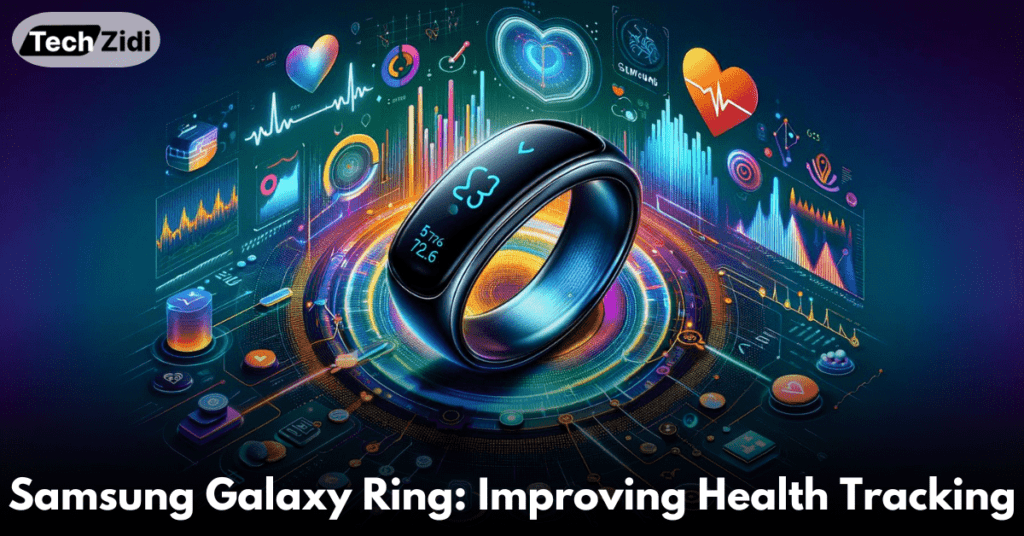Samsung has officially confirmed the existence of a new wearable, the Galaxy ring, at its Galaxy Unpacked event in January. The smart ring monitors health data and provides insights based on metrics during the day and night. Samsung is set to join the growing wearable market, which was prominent at the Consumer Electronics Show (CES) in Las Vegas, with the Oura ring currently leading the category.
The Expected Release Date
Samsung’s head of B2B wearables, Daniel Seung, has hinted at the release of the Galaxy ring in the second half of 2024. The full reveal is expected to take place in late July, with the Galaxy ring expected to be released in early August. Samsung hosts two Galaxy Unpacked events annually, one in January for its S-line of smartphones and one in July for foldable phones, smartwatches, and tablets. Samsung’s head of customer experience, Patrick Chomet, confirmed that the release date will be later in the year, stating that the company needs to complete a complete package experience for the ring before it can be released.
Galaxy ring Price
The Galaxy ring is expected to be an expensive smart ring due to the need to fit sensors into a tiny band. Comparable smart rings like Oura, Ultrahuman, and Circular are currently available at prices ranging from £200 to £540. Samsung is also considering a subscription service for the Galaxy Health app, but this doesn’t necessarily mean users will have to pay a subscription fee for the ring. Oura uses a subscription fee for its smart ring, which includes a monthly £5.99 fee for access to premium features.
Galaxy ring from Samsung: Details and Specs
Samsung’s Galaxy Ring features an ECG and PPG sensor that will monitor the wearer’s temperature and heart rate. The ring will also track heart rate, respiratory rate, movement during sleep, and the time it takes to fall asleep once in bed. The focus is on sleep rather than fitness, with the ring not auto-detecting workouts at launch. However, it can track and predict fertility.
A game-changing feature will be payments, unlike McLear RingPay, which can only make contactless payments on NFC terminals. Samsung is considering multiple use cases beyond health for the Ring. The battery life of the ring is unknown, but it will have 24/7 health tracking. The My Vitality Score, similar to the Oura Ring, Fitbit, or Garmin smartwatch body battery feature, will crunch physical, mental, and sleep data to determine readiness for the day ahead.
The second main feature is booster cards, which give you health tips to keep you going all day. Usually, other smart wearables hide this feature behind a paywall. Samsung is also working on a digital AI coach to help users stay on top of their health and fitness. A large language model acting as a digital assistant will provide greater insights and personalization opportunities.
In summary, Samsung’s Galaxy Ring is a smart wearable that offers a range of features, including 24/7 health tracking, a digital assistant coach, and a large language model for personalized health and fitness tracking.



